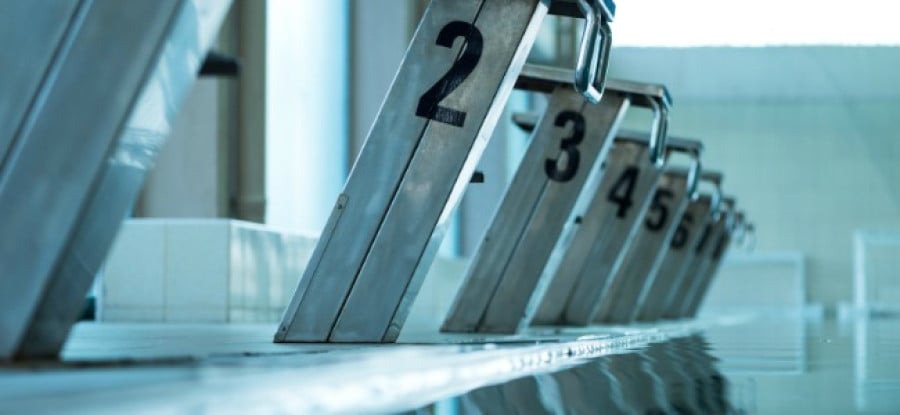Are young Olympic athletes receiving adequate protection? Part 2

With the Summer Olympics and Paralympics in Rio (Rio 2016) fast approaching, and with athletes getting stronger, faster and younger, this second part of a two part article considers the growing imperative of ensuring that there are sufficient and appropriate measures in place to protect the welfare of young athletes.
- Part 1, available here, looks at how ‘child’ athletes are defined in law and then considers the disparities between the minimum ages for entry into differing Olympic events.
- Part 2, below, moves on to consider the sufficiency of the safeguarding measures in place, examining the regulations of the International Olympic Committee (IOC), the role of current safeguarding initiatives, and the adequacy of domestic laws to protect against media intrusion.
In this article, a 'Minor' is defined as anyone under the age of 18, with 'Young Athlete' referring to all athletes aged 19 or younger.
Safeguarding Minors in sport
Whilst participation in sport has many physical and psychological benefits to Minors, the IOC and National Governing Bodies (NGB'S) must confront the fact that sport participation also carries inherent threats to a Minor's well-being.1 Safeguarding in sport is therefore essential to ensure that Minors are adequately protected on their path to Rio 2016.
Core documents
The IOC has recognised this threat and in response developed two core documents which attempt to set out the protection of athletes in sport:
- The Olympic Charter, which examines the IOC's role in protecting the health of athletes,2 and
- The Olympic Movement Medical Code which sets out that all stakeholders are responsible to:
“take care that sport is practiced without danger to the health of the athletes and with respect for fair play and sports ethics … [and should take] measures necessary to protect the health of participants and to minimize the risks of physical injury and psychological harm."3, 4
Using these two documents as a basis, the IOC has further published a number of consensus statements targeted at protecting the health of Minors in sport,5 followed by the development of athlete and coach educational tools.6, 7
Whilst these consensus statements provide useful guidance, criticism remains over their lack of practical implementation. To take the next step in protecting Minors, enforcement mechanisms are required in order to ensure such statements are followed.
Whilst it is evident that the IOC has taken its safeguarding duties seriously, sexual, physical and emotional abuse (collectively defined as "Abuse") still exists amongst Minors in sport, taking numerous forms and guises.
By way of example, at the 2014 Glasgow Commonwealth Games a 16-year-old weight lifter was found to have committed an anti-doping rule violation after being provided with diuretics, in an attempt to 'make weight'.8 Further, there have been reports of medical mismanagement where excessive use of pain relief has been provided in elite youth football.9
To continue reading or watching login or register here
Already a member? Sign in
Get access to all of the expert analysis and commentary at LawInSport including articles, webinars, conference videos and podcast transcripts. Find out more here.
- Tags: Athlete Welfare | Brazil | Child Protection | International Safeguards for Children in Sport | IOC | Olympic | Olympic Charter | Olympic Games Rio de Janeiro 2016 | Olympic Movement Medical Code | Paralympic | United Kingdom (UK)
Related Articles
- How the USOC’s SafeSport policies are tackling athlete abuse and harassment
- How the Advertising Standards Authority restricts the use of U-25 sports stars in gambling adverts
- What are the top sports law issues to watch in 2016?
- Are young Olympic athletes receiving adequate protection? Part 1
Written by
Robert Tomback
Rob is a dedicated Sports Lawyer working within the Mishcon de Reya Sports Group. He has wide experience across a range of sports, providing litigious, commercial and regulatory advice to clients. He acts for a range of governing bodies, clubs, players and agents and has represented clients in cases before the Court of Arbitration for Sport and other international sports decision making federations, as well as at domestic arbitral and disciplinary hearings. Rob was named as a Sport Industry NextGen Leader, an initiative 'to identify tomorrow’s sports leaders and celebrate the rising stars of the sports industry'. Rob is the only practicing lawyer to receive this accolade.
Clare Freshwater
Clare is a trainee solicitor at Mishcon de Reya LLP, currently working in the Fraud team. Clare is part of the firms Sports Group with experience acting for governing bodies and clubs, and is also a member of Women In Football.


 Global Summit 2024
Global Summit 2024